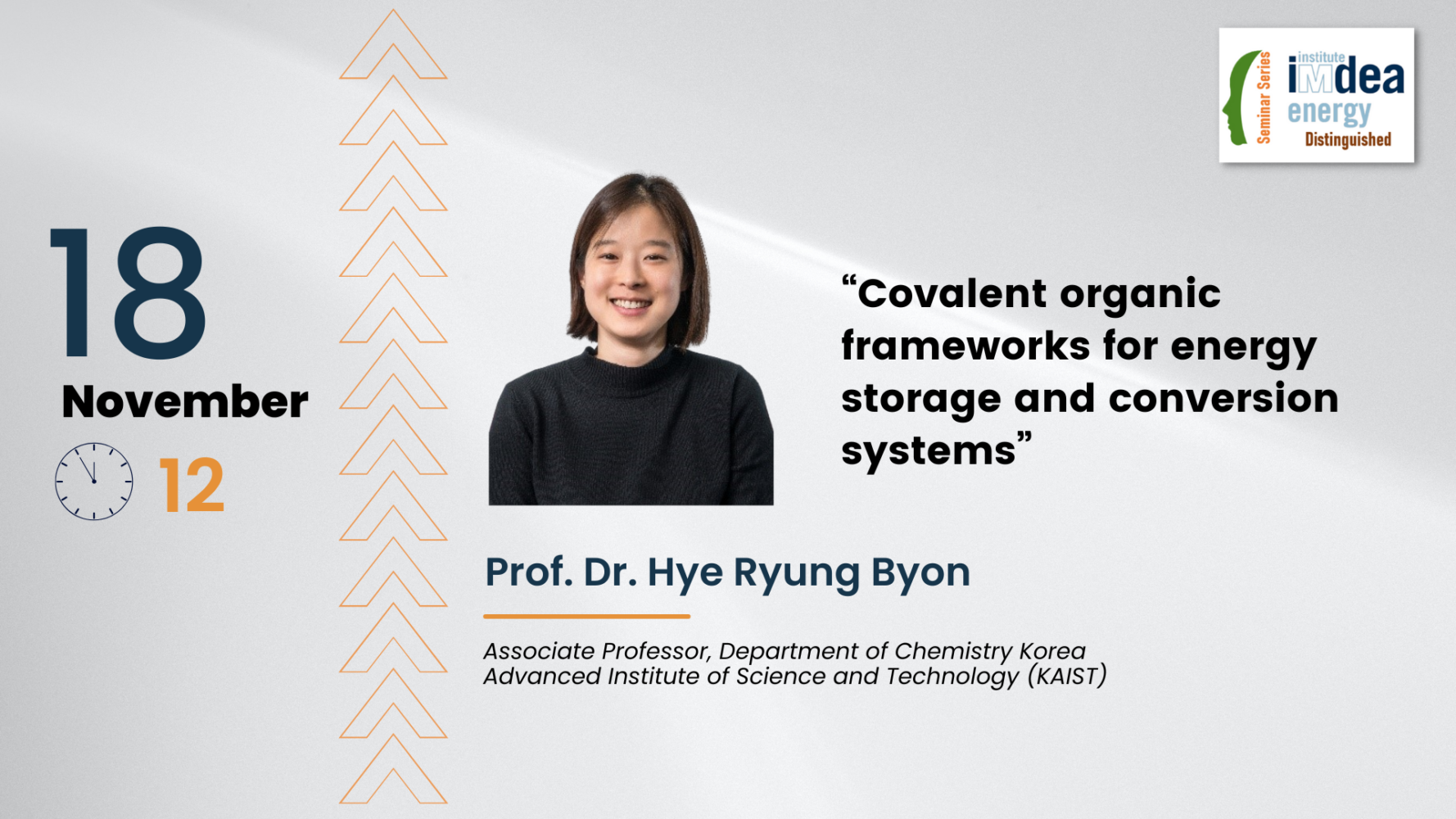Distinguished seminar: “Covalent organic frameworks for energy storage and conversion systems”

Abstract
Covalent organic frameworks for energy storage and conversion systems
Hye Ryung Byon
Department of Chemistry, Korea Advanced Institute of Science and Technology (KAIST), 34141 Daejeon, South Korea
I present designs of covalent organic frameworks (COFs) as two-dimensional layers, highlighting their significant applications in organic Li-ion batteries and electrochemical CO2 reduction. Our designs encompass various attributes such as pore sizes, functional groups, and film thickness, ranging from nanometers to micrometers. These COFs serve as versatile platforms for Li+ storage electrodes, electrolytes, and CO2/CO gas adsorption.
As a representative example, we have successfully incorporated redox-active azo groups into COFs to facilitate two-electron transfer, examining their potential as organic electrodes. Ensuring reversibility and stability proved crucial, with results highly contingent on neighboring functional groups. We explored three distinct linkages: beta-ketoenamine, imine, and thiazole-fused rings, each exhibiting varying cycling stabilities under identical operational conditions. It underscores the significance of fully conjugated organic systems. Furthermore, the overlap of vertical pi orbitals stemming from the azo moiety enhanced rate capability. I believe that these chemical approaches provide a profound understanding of interfacial processes and groundbreaking solutions to numerous challenges within energy storage and conversion systems.
Short Bio
Hye Ryung Byon
Hye Ryung Byon studied at Pohang University of Science and Technology (POSTECH) under the supervision of Prof. Hee Cheul Choi and received her Ph. D. degree in 2008. She worked at MIT, Prof. Yang Shao-Horn’s laboratory, as a post-doctoral associate. In 2011, she launched her research group, Byon Initiative Research Unit, at RIKEN in Japan and became an adjunct associate professor at Tokyo Institute of Technology in 2014. Then, she moved to the Korea Advanced Institute of Science and Technology (KAIST), South Korea, in 2016. She is currently an associate professor at KAIST. She received several awards including the TJ Park Science Fellowship (POSCO), The Distinguished Lectureship Award (Chemical Society of Japan) in 2017, The Young Scientist Award (The Korean Academy of Science and Technology) in 2018, The i-sense Young Electrochemist Award (Korea Chemical Society) in 2020, and The Science and Technology Prize (Korea Toray Science Foundation) in 2021.
Her research efforts have been dedicated to the fields of material-based and in-situ probing electrochemistry for next-generation Li batteries, organic/organometallic redox flow batteries, and electrocatalysis. Her research group’s primary goal has been to gain insights into surface/interface electrochemical reactions within emerging energy storage and conversion systems, addressing current scientific and engineering challenges while advancing green-energy technology.
The event is finished.
Date
- Nov 18 2024
- Expired!
Time
- 12:00 - 14:00
Location
- Auditorio IMDEA Energía


